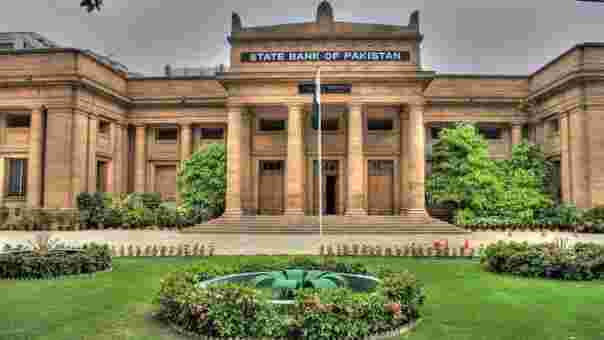The State Bank of Pakistan (SBP) has introduced a comprehensive checklist aimed at identifying red flags in trade activity to curb the risk of money laundering and other financial crimes.
The move comes as part of SBP’s broader compliance framework designed to ensure transparency in cross-border trade payments and to strengthen the country’s anti-money laundering (AML) regime.
According to SBP, the checklist has been circulated to all banks, instructing them to closely monitor unusual trade patterns, questionable payment behaviors, and activities that do not align with a customer’s declared line of business. Officials said these measures are necessary to detect suspicious trade transactions early and prevent the misuse of Pakistan’s financial system.
Key Red Flags in Trade Activity
The checklist outlines several warning signs. For example, a trade customer operating in multiple unrelated sectors, such as a car dealer suddenly engaging in textile exports, may indicate inconsistent trade behavior. Similarly, mismatched packaging of goods, unusual shipping routes, or commodities sourced from high-risk jurisdictions could signal potential money laundering attempts.
SBP also warned banks to flag trade transactions involving third-party intermediaries with no clear economic link to the goods being traded. Furthermore, transactions financed through sudden cash influxes or third-party account transfers, especially when the trade volume exceeds the customer’s financial capacity, should raise concerns.
Additional indicators include frequent revisions of trade documents, unrealistic tenor periods for perishable goods, and the use of complex financial products such as transferable letters of credit without justified business reasons. SBP stressed that any trade arrangement that seems designed to bypass due diligence procedures must be thoroughly investigated.
Strengthening Banking Oversight
The SBP noted that trade is a vital part of Pakistan’s economy but also a high-risk sector for illicit financial flows. This checklist is not merely advisory; it is a mandatory framework for banks to follow. Failure to identify and report suspicious trade transactions can result in strict regulatory action.
Industry experts believe the checklist will improve compliance standards and restore global confidence in Pakistan’s financial system, especially in light of previous concerns raised by international watchdogs. By tightening monitoring, SBP hopes to reduce vulnerabilities in trade finance and ensure all trade activity aligns with legitimate economic practices.
